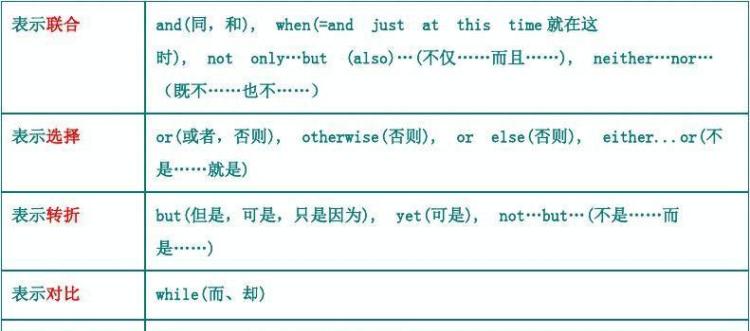英语中表示原因和结果的连词有助于更准确地表达我们的意思,使句子更流畅。表示原因的连词包括"because"、"since"、"as"和"due to"。表示结果的连词包括"so"、"therefore"、"consequently"和"as a result"。使用这些连词时,要确保句子的逻辑关系清晰,以便读者能轻松理解你的意思。

表示原因的连词
- because - 因为
- since - 既然,由于
- as - 由于,因为
- due to - 由于,因为
这些连词通常用于连接一个原因和一个结果。例如:
- I couldn't go to the party because I was sick. (我因为生病无法去参加聚会。)
- Since you're not feeling well, you should stay home. (既然你不舒服,最好呆在家里。)
- As it was raining, we decided to stay inside. (由于天在下雨,我们决定待在室内。)
- The game was cancelled due to bad weather. (比赛因为天气不好而取消了。)
表示结果的连词
- so - 所以
- therefore - 因此,所以
- consequently - 因此,结果
- as a result - 结果,因此
这些连词通常用于连接一个原因和一个结果。例如:
- I was sick, so I couldn't go to the party. (我生病了,所以无法去参加聚会。)
- You didn't study for the test, therefore you didn't do well. (你没好好学习考试,因此考得不好。)
- He didn't turn in his assignment on time, consequently he got a lower grade. (他没按时交作业,结果得了更低的分数。)
- As a result of the heavy rain, the streets were flooded. (由于大雨,街道被淹了。)

